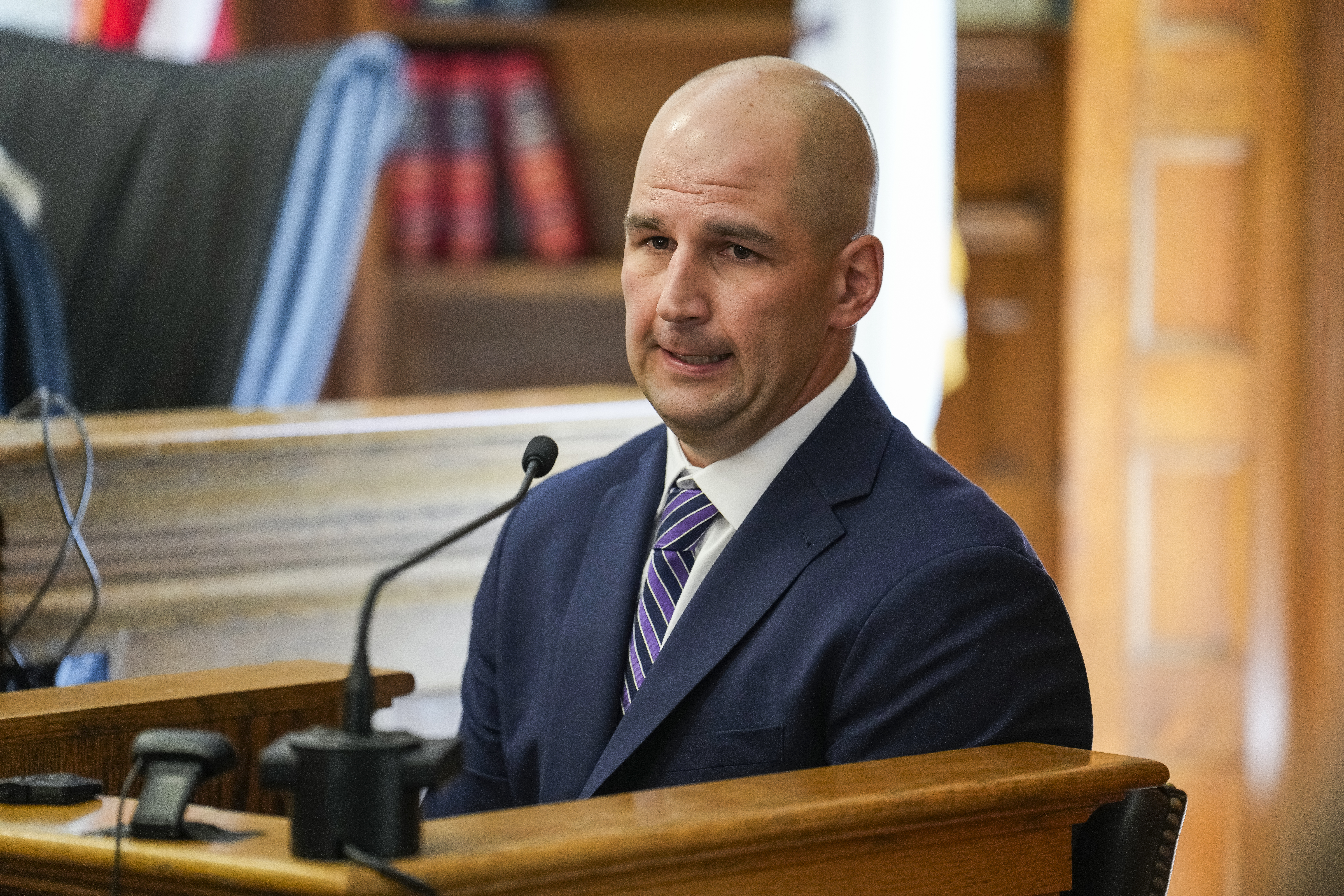With warm temperatures and sunny skies, it's beach season in New England, but while you may be excited to hit the water you're also going to want to keep an eye on water quality at your favorite swimming spots.
State and local public health agencies conduct regular monitoring at over 1,000 public beaches in Massachusetts. Officials warn that swimming in unsafe water can make you sick. While most people will experience mild symptoms, a more serious illness is possible, especially in more vulnerable populations like children, the elderly and those with weakened immune systems.
There are 18 beaches currently closed across the state -- 16 of them because bacteria levels are above what is considered safe. To see the full list, which is updated daily, click here.
Bacteria can get in the water in both natural and unnatural ways, including:
Get New England news, weather forecasts and entertainment stories to your inbox. Sign up for NECN newsletters.
- Stormwater (rain) run-off
- Failing or malfunctioning septic systems
- Combined and sanitary sewer overflows
- Leaking sewer pipes
- Illegal sewer hookups
- Wildlife and pet waste
- Agricultural runoff
Bacteria is not the only reason for beach closures - they may also close for other physical or chemical concerns like riptides, harmful algae blooms
Swimming closures are common after heavy rain. Look out for postings at the beach or check the state website for the latest information. State officials urge visitors to only enter the water in designated swim areas.
Local
Get updates on what's happening in Boston to your inbox. Sign up for our News Headlines newsletter.



